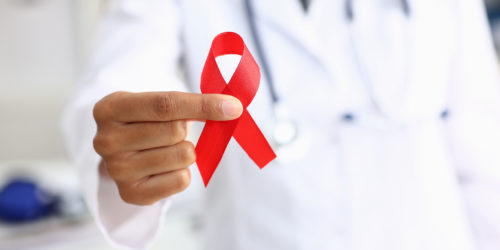Understanding Canada’s progress towards global HIV targets
July 18, 2024 • By Public Health Agency of CanadaThe Public Health Agency of Canada (PHAC) recently released an infographic with national estimates on Canada’s Progress Towards Ending the HIV Epidemic. These estimates help provide an understanding of the effectiveness of current responses to HIV in Canada and can help identify areas for improvement to guide HIV prevention and care work. However, it can sometimes be difficult to understand what the estimates are really saying. So, let’s explore some helpful tips for interpreting the data. What do the HIV estimates tell us? Progress towards the 95-95-95 global targets are evaluated by using four measures: Based on the recently released...






